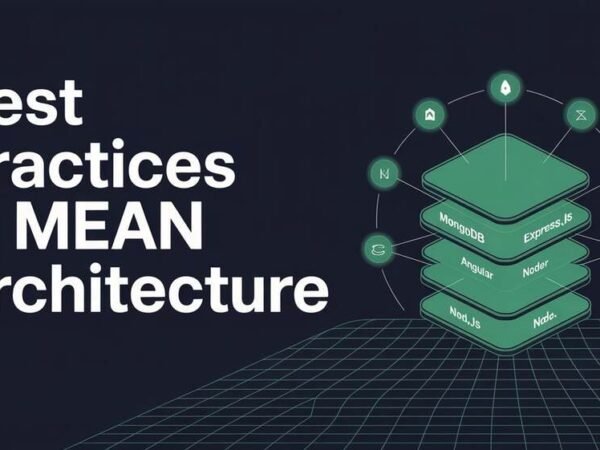Understanding Microsoft Dynamics
Microsoft Dynamics is an integrated suite of applications designed to help organizations manage their business processes effectively. The suite includes various solutions, such as Dynamics 365 for Customer Engagement, Dynamics 365 for Finance and Operations, and Dynamics 365 for Business Central. These tools facilitate everything from customer relationship management (CRM) to enterprise resource planning (ERP), providing a holistic approach to managing business operations.The Importance of Implementation
Microsoft Dynamics implementatie is a critical step in leveraging the platform’s full potential. Proper implementation ensures that the software aligns with business objectives and integrates seamlessly with existing processes. A well-executed implementation can lead to increased efficiency, better data management, and improved decision-making.Steps for Successful Implementation
- Assessment and Planning: The first step in the implementation process involves assessing the current business environment and identifying specific needs. This assessment should include an analysis of existing systems, workflows, and pain points. A comprehensive plan should be developed that outlines the goals of the implementation, timelines, resource allocation, and potential risks.
- Data Migration: Moving data from legacy systems to Microsoft Dynamics is a crucial part of the implementation process. This step requires careful planning to ensure data integrity and minimize disruption. Businesses must clean and prepare their data before migration, ensuring that only relevant and accurate information is transferred.
- Customization: One of the key advantages of Microsoft Dynamics is its ability to be tailored to meet specific business needs. During the implementation phase, organizations should customize the platform to fit their workflows, including configuring dashboards, reports, and user interfaces.
- Integration: Integrating Microsoft Dynamics with other business applications and tools is essential for maximizing its effectiveness. This may involve connecting Dynamics to existing CRM systems, marketing automation tools, or accounting software. Proper integration ensures that data flows seamlessly across platforms, providing a unified view of operations.
- Training and Support: Providing training for employees is vital to the success of the implementation. Users need to understand how to navigate the system and leverage its features effectively. Offering ongoing support can help users adapt to the new system, address challenges, and encourage user adoption.
- Continuous Monitoring and Optimization: Once Microsoft Dynamics is implemented, continuous monitoring and optimization are necessary to ensure that the system performs efficiently. Regularly reviewing performance metrics, user feedback, and system updates will help identify areas for improvement and keep the system aligned with evolving business needs.
The Role of Managed Infrastructure Services
Integrating managed infrastructure services with Microsoft Dynamics can significantly enhance the implementation process. Managed infrastructure services provide businesses with the necessary support and resources to maintain and optimize their IT environment. Here’s how these services can add value:- Expert Support: Managed infrastructure service providers bring expertise in managing IT systems and applications. They can assist with the technical aspects of Microsoft Dynamics implementation, including server management, network configuration, and security protocols.
- Cost Efficiency: By outsourcing infrastructure management, businesses can reduce costs associated with maintaining in-house IT teams. Managed services operate on a subscription basis, allowing organizations to allocate resources more efficiently while minimizing unexpected expenses.
- Scalability: Managed infrastructure services offer scalability, allowing businesses to adapt to changing needs. As the organization grows or requires additional resources, managed service providers can quickly scale services up or down, ensuring optimal performance without significant investment in new hardware or software.
- Enhanced Security: Cybersecurity is a major concern for businesses today. Managed infrastructure service providers implement robust security measures to protect sensitive data and systems. This is particularly important when handling customer information through Microsoft Dynamics applications.
- Disaster Recovery: Implementing a disaster recovery plan is critical for ensuring business continuity. Managed infrastructure services often include backup and recovery solutions, allowing businesses to recover quickly from data loss or system failures.













